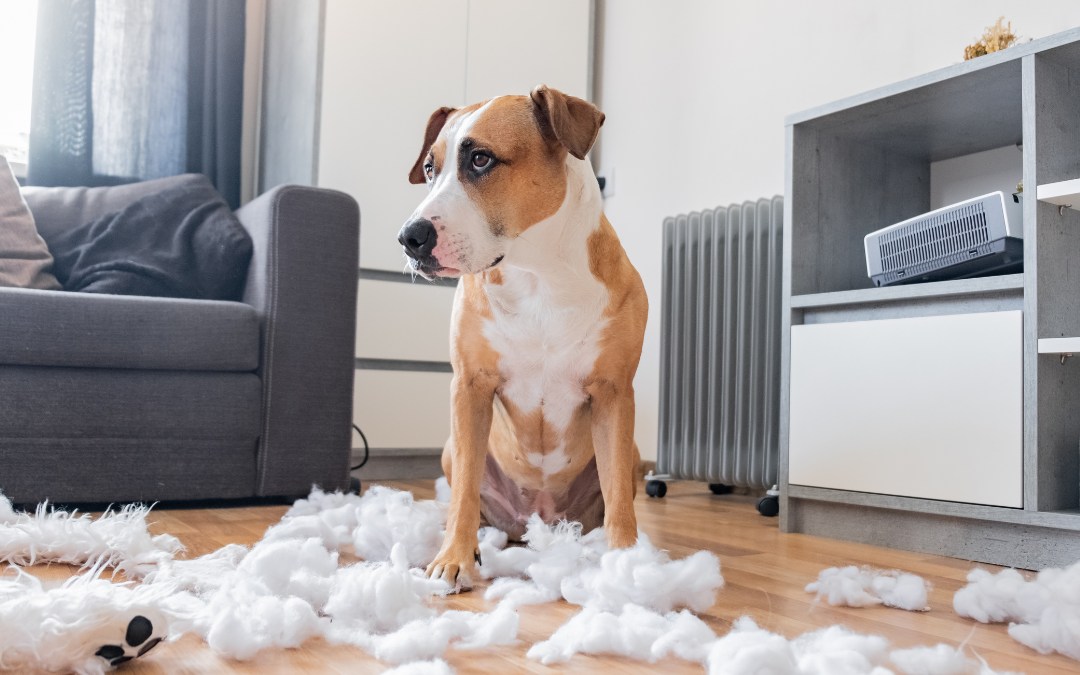If you’ve ever felt nervous about how your pet might act around guests, children, or other animals—you’re not alone. Many pet parents worry about social behavior, especially in busy households or public settings.
At Midland Animal Hospital, we understand that every pet is different, and we’re here to help you build good habits from the start—or gently redirect them if things have gotten a little off track.
Tips for Helping Your Pet Behave Well Around Others
Positive social behavior is something pets learn over time—with patience, consistency, and a little guidance. Here are a few things that can make a big difference:
- Start socializing early: Puppies and kittens especially benefit from safe, early exposure to people, other animals, and new environments.
- Use positive reinforcement: Reward calm, friendly behavior with treats, praise, or affection. Avoid punishment, which can lead to fear or anxiety.
- Stick to routines: Predictable schedules help pets feel secure, which often leads to better behavior in unfamiliar situations.
- Teach basic commands: “Sit,” “stay,” and “leave it” can help prevent jumping, barking, or other overstimulated behaviors when guests are around.
- Know your pet’s limits: Some pets simply aren’t social butterflies—and that’s okay. Watch for signs of stress like growling, hiding, or pacing.
When Should You Be Concerned?
If your pet:
- Becomes aggressive or overly fearful
- Has a sudden change in behavior
- Can’t seem to calm down even with training
- Reacts strongly to specific people, animals, or noises
…it may be time to check in. These behaviors could stem from pain, anxiety, or a past experience, and we’re here to help uncover the cause and offer solutions.
We’re Here to Help
At Midland Animal Hospital, we’re committed to treating your pets like family. If you’re ever unsure, we’re just a phone call away—ready to listen, guide you, and provide the care your pet needs to feel better.
👉Contact us now at midlandah@gmail.com or 706 323-8316
In summary, good behavior around others comes from training, socialization, and understanding your pet’s personality. If you’re seeing stress or aggression—or just want help getting started—we’re here to support you and your pet every step of the way.

